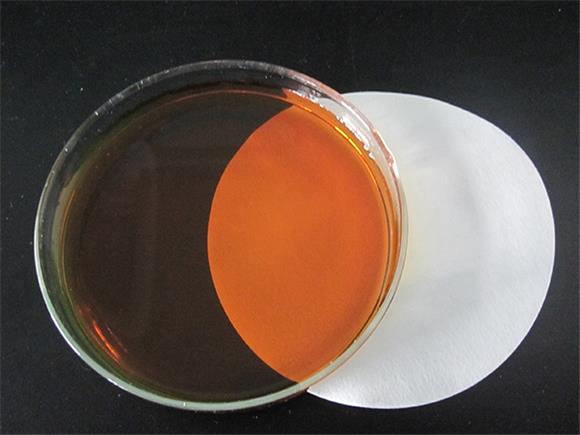
News
jan . 01, 2025 12:02 Back to list
Humic Acid Powder Production Facility for Quality Organic Soil Amendments
The Rise of Powdered Humic Acid A Comprehensive Overview of Factories and Their Impact
In recent years, the agricultural and environmental sectors have increasingly turned to humic acid for its myriad benefits. Derived from decomposed organic matter, humic acid is particularly valued for its ability to improve soil health, enhance nutrient uptake, and promote sustainable agricultural practices. As demand for this natural product grows, so too does the presence of factories focused on the production of powdered humic acid.
Understanding Humic Acid
Humic acid is a versatile substance found in soil, compost, and peat. It is a complex mixture of organic compounds that arise from the decomposition of plant and animal materials. When processed into a powdered form, humic acid becomes a highly concentrated product that can easily be incorporated into agricultural practices. This format allows farmers to apply it efficiently, making it a preferred choice in both organic and conventional farming.
The applications of powdered humic acid are numerous. It’s primarily used to enhance soil fertility, improve water retention, and stimulate plant growth. Additionally, it aids in the attenuation of heavy metals and toxins in the soil, thus contributing to better environmental health. The growing awareness of sustainable agriculture has further amplified the demand for such organic amendments, driving the creation of specialized factories dedicated to its production.
The Process of Production
Factories specializing in powdered humic acid typically utilize high-quality raw materials rich in organic content. The production process involves several key steps extraction, purification, drying, and milling.
1. Extraction This initial phase involves obtaining raw humic material from sources such as leonardite, a highly oxidized lignite. The raw material is treated with alkaline solutions to extract humic and fulvic acids.
powder humic acid factory

2. Purification After extraction, the solution is purified to remove impurities and other unwanted substances. This step is crucial to ensure that the final product contains a high concentration of humic acid.
3. Drying The purified solution is then subjected to drying processes, which can include spray drying or freeze-drying. This step transforms the liquid into a solid powder form, allowing for easier storage and handling.
4. Milling Once dried, the material is milled into a fine powder to increase its surface area and improve solubility when applied. The quality of the milling process can significantly affect the efficacy of the powdered humic acid.
Benefits of Powdered Humic Acid Factories
The establishment of factories dedicated to producing powdered humic acid plays a significant role in both agricultural productivity and environmental sustainability. By streamlining production processes, these factories ensure that farmers have access to a consistent and high-quality product. This availability can lead to improved crop yields, better soil conditions, and, ultimately, healthier ecosystems.
Additionally, powdered humic acid factories often contribute to local economies by creating jobs and fostering innovation in manufacturing techniques. They also encourage sustainable practices by providing a natural alternative to synthetic fertilizers, reducing the reliance on petrochemical products in agriculture.
Conclusion
The rise of powdered humic acid factories marks a pivotal shift in the way we approach agricultural inputs and soil management. As we continue to navigate the challenges of modern agriculture—such as soil degradation, nutrient runoff, and climate change—the importance of sustainable practices cannot be overstated. Powdered humic acid represents not just a product, but a pathway toward a more sustainable future, fostering healthier soils, more robust crops, and cleaner environments. With further advancements in production technologies and an increasing understanding of the ecological benefits, powdered humic acid is poised to play an essential role in the evolution of global agriculture.
-
Polyaspartic Acid Salts in Agricultural Fertilizers: A Sustainable Solution
NewsJul.21,2025
-
OEM Chelating Agent Preservative Supplier & Manufacturer High-Quality Customized Solutions
NewsJul.08,2025
-
OEM Potassium Chelating Agent Manufacturer - Custom Potassium Oxalate & Citrate Solutions
NewsJul.08,2025
-
OEM Pentasodium DTPA Chelating Agent Supplier & Manufacturer High Purity & Cost-Effective Solutions
NewsJul.08,2025
-
High-Efficiency Chelated Trace Elements Fertilizer Bulk Supplier & Manufacturer Quotes
NewsJul.07,2025
-
High Quality K Formation for a Chelating Agent – Reliable Manufacturer & Supplier
NewsJul.07,2025
